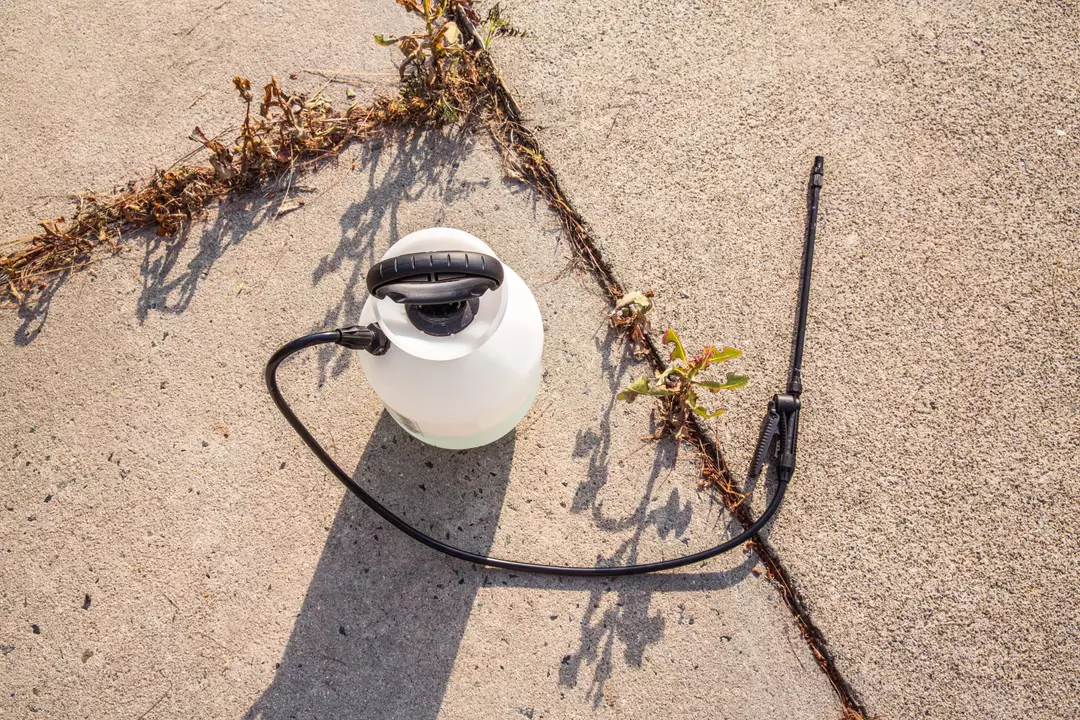An attorney who focuses on catastrophic injury and death cases has issued a warning about a specific product he always steers clear of.
Tom Bosworth, a lawyer from Philadelphia, has extensive experience in handling cases related to hazardous products that threaten public safety.
Many household products have the potential to be hazardous, posing various risks to users.
When considered closely, a startling number of things could potentially go wrong.
These risks could be due to fire hazards, suffocation, direct injuries, choking, electrocution, or, in some instances, contamination by harmful chemicals.
It’s exactly this kind of product that the attorney highlighted as one he avoids, due to the potential dangers it might represent.
So, which product does he steer clear of?

In a TikTok video, Bosworth disclosed that he avoids anything containing the chemical glyphosate.
“As a catastrophic injury and death lawyer I deal with some of the most dangerous products and some of the worst situations in the world,” he explained.
“But if you were to ask me what’s the one product that I’m most afraid of that I would never go near – it’s without a doubt glyphosate.”
What is glyphosate?
Glyphosate is a chemical commonly found in weedkillers in Australia.
“There has been study after study that demonstrates the link between the weed killer and non-Hodgkin’s lymphoma,” stated Bosworth.
“The latency in people can be five, 10, 20 years. You might not get the diagnosis until 20 years after using the product.”
He concluded: “It’s a product I’d never touch.”
Nevertheless, experts suggest that further research is necessary to establish a definite link between glyphosate and specific cancer types.

Professor Lin Fritschi, an epidemiologist at Curtin University’s School of Public Health, commented on the matter.
“The fact the IARC stated there is ‘suggestive evidence’ that glyphosate causes cancer means more information is needed on the issue,” she expressed.
However, she emphasized the importance of proper labeling for such substances.
“For glyphosate, the manufacturers recommend wearing eye protection, a respirator with a replaceable filter, rubber gloves, and cotton overalls buttoned at the neck and wrist,” she mentioned.
“A strong message from this is that labelling of pesticides in Australia needs to be improved.”
Australia’s pesticide regulatory body has approved glyphosate for use until 2035, citing insufficient evidence for a ban, despite restrictions or bans in countries like Vietnam, Austria, Belgium, and France.

